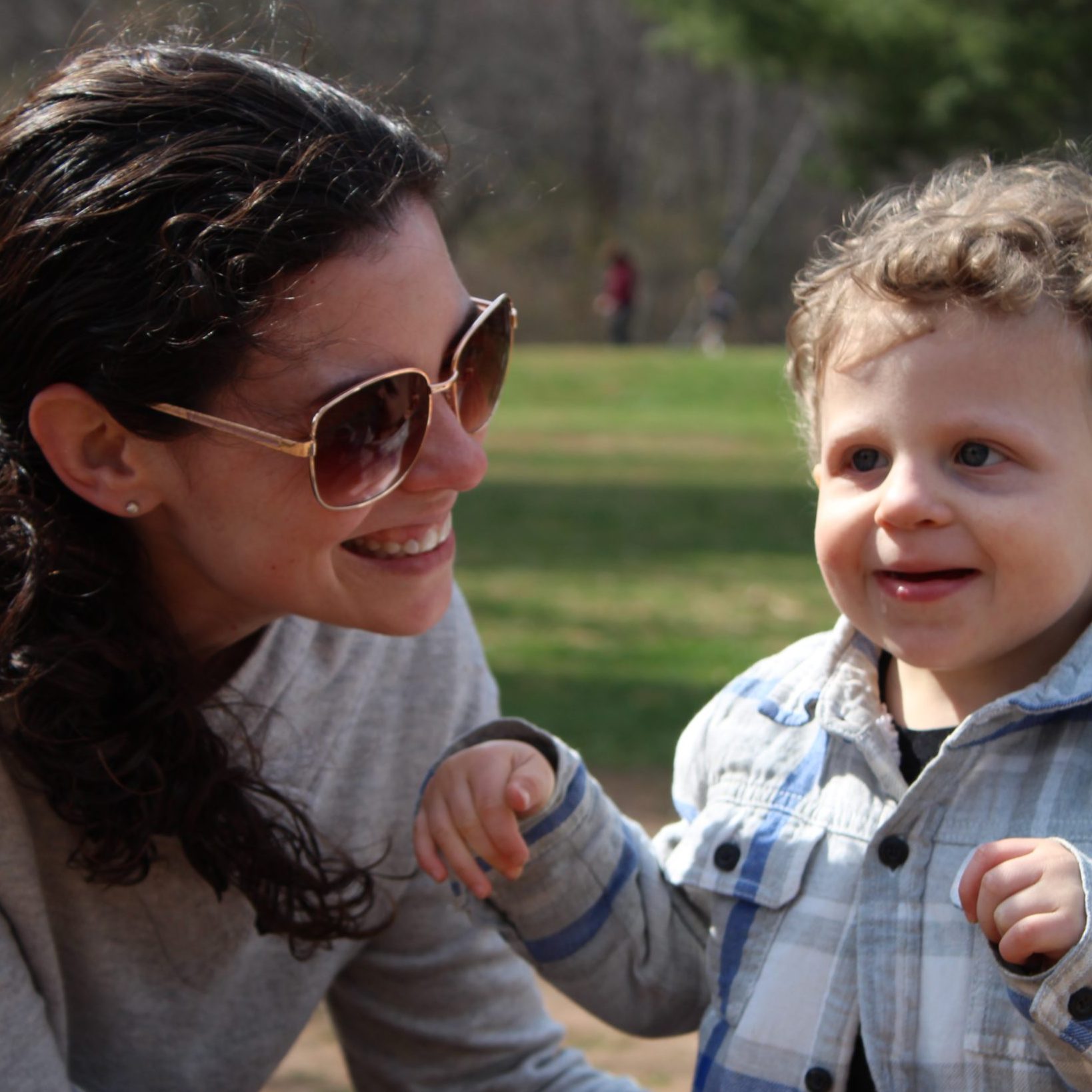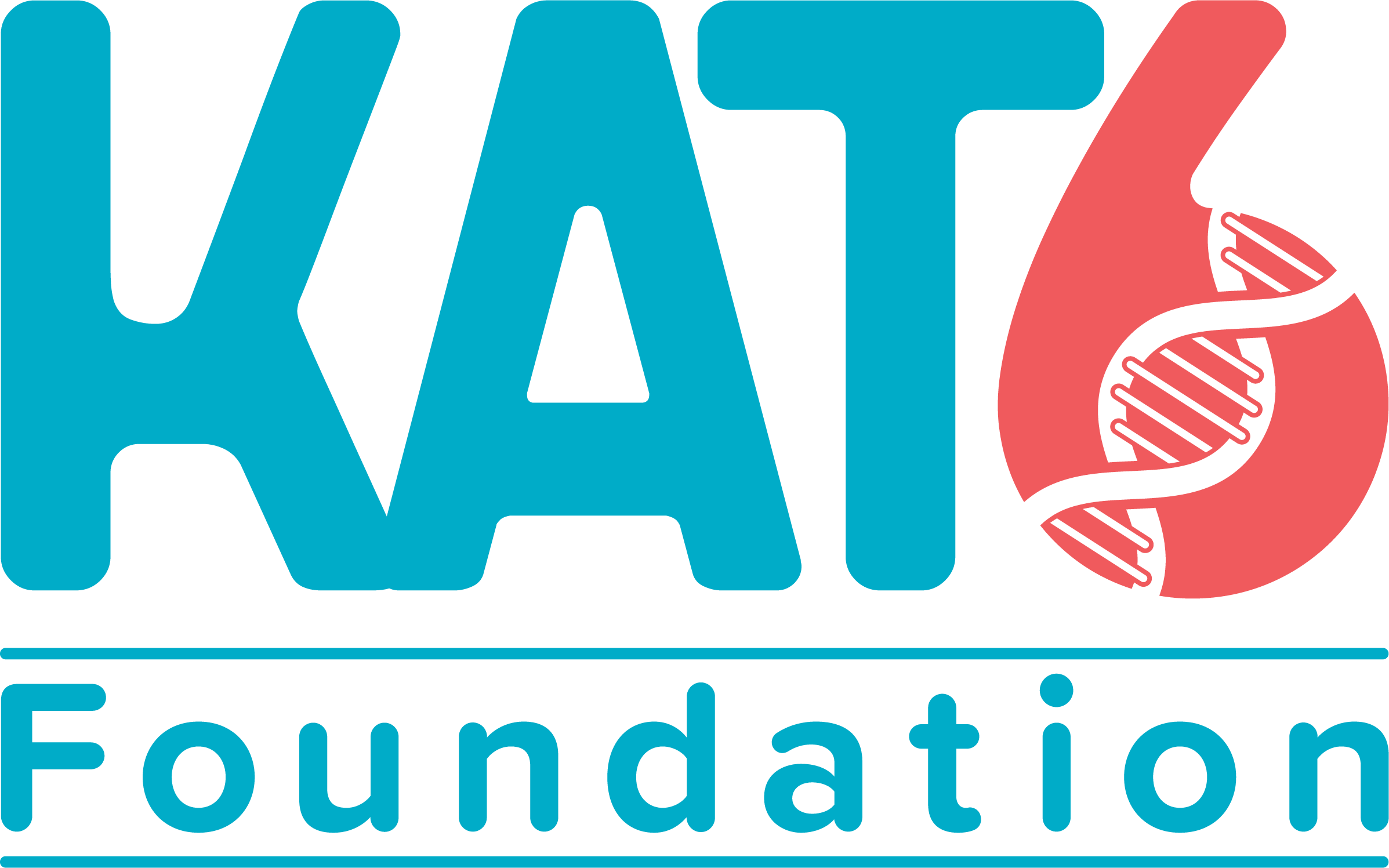
Will was born in 2015 at 41 weeks and weighed a healthy 7 pounds, 12 ounces. We thought he was the strongest baby in the world because he held his head high immediately after delivery. I have the most amazing photos of him, minutes old, laying on my chest pushing his own chest and head up. It was impressive to my husband and the delivery nurses, but I know now that should have been our first red flag. In the week following, whenever he was placed on his tummy, he would roll over. We were so proud of our super baby and we joked he’d be walking by nine months. When I mentioned this to his pediatrician, she seemed to think it was a fluke and that this rolling wouldn’t persist. Breastfeeding was a huge struggle. It was extremely difficult to get him to latch since his body refused to relax, but I chalked it up to being normal since not all babies are natural breastfeeders and I succumbed to exclusively pumping when his pediatrician wasn’t satisfied with his weight gain. By three months it was evident that his muscle tone was much higher than it should be. His hands were permanently fisted and creases had formed by his elbows and knees since he kept his body scrunched up at all times. It was nearly impossible to stretch out his body for an accurate length measurement. That’s when we first discovered the term hypertonia, which would begin our journey to finding answers.
At four months we were referred to a neurologist. The first neurologist did an EEG and it was normal. He found his head percentile to be less than the tenth percentile, but that was not concerning. Since his other milestones were on pace, such as smiling, laughing and eye contact, we held high hopes that through some physical therapy that he would loosen up. After an evaluation by our local Early Intervention program, he was disappointingly denied services since his high muscle tone had not resulted in a delay in any of his milestones. In fact, he was able to sit for a few seconds on his own. So I was left with some daily stretches to do with him.
At five months my concerns grew and I decided it was time to get him physical therapy privately, so I called the physical therapist who had done his initial evaluation. At this point he had stopped rolling over and wasn’t tracking objects and was having intense sleep issues since his body just couldn’t seem to settle. Upon my first session of private therapy, the physical therapist noticed his regression immediately. She expressed great concern for my little boy and recommended that I see a different neurologist and she personally requested a new evaluation through Early Intervention since she had no doubt he would now qualify.
By six months, Will’s head percentile had fallen to the third percentile. The new neurologist that we saw prescribed a brain MRI and an array of blood work due to his poor reflexes, hypertonia, poor visual tracking, gastrointestinal issues, difficulty feeding and microcephaly. The results of the MRI and all the blood work were normal. So the next step was to see a geneticist to rule out any rare genetic disorders. The initial genetic testing all came back normal including the microarray test. We were thrilled and very hopeful that Will would outgrow these symptoms since each specialist’s general impression of him was fairly normal and we were repeatedly told that “he looked good.”
At a follow up visit with the geneticist at nine months, he suggested that we do Whole Exome Sequencing since our insurance agreed to cover its cost. In the several months that we waited for test results, Will’s development began to improve. His head size stayed at the same percentile, he was tracking objects, sitting independently, playing with a variety of toys in his jumper, swallowing purees and began crawling just after his first birthday. So at fourteen months when my husband and I were given the KAT6A diagnosis, we were extremely shocked and devastated since we had convinced ourselves that the test results would come back normal as they had in every other instance. At that time we were told that there were only a dozen others in the world with this diagnosis and that they were nonverbal, profoundly intellectually disabled, and in most cases had heart conditions. We were told to see cardiology immediately and to think about signing in the future since the literature stated that some of the children communicated that way. It felt like our world had come crashing down. It had never dawned on us that our baby may never talk, learn to read, live independently or likely have serious health problems.
In the following days and weeks, I read anything I could get my hands on and was determined to understand the science behind it. After cardiology ruled out any abnormalities, I felt some anxiety lift. I dedicated my time to making sure that he would receive the highest level of early intervention therapy that was available, and so I requested speech/feeding services and small group therapy in addition to the PT, OT and teacher he was already receiving. My husband and I also did a lot of grieving and worrying during this time. You name it, we worried about it.
Two months after D-day, as I sometimes refer to it, I decided to reach out to the email address on the Chloekat6a.org website. That’s when I learned about the Facebook support group and my life forever changed. I found on the support group that Will was actually the 40th child diagnosed and that there was even a mother of an adult in our group. I cried as I watched videos of children riding their bikes, swimming in pools, fluently signing, talking and even doing math. This page portrayed so much love and hope that I could never have gotten out of reading technical research articles. Despite a huge range in abilities, I could see evidence of joyful kids every where and that is when I knew that this diagnosis would not define Will or our family’s happiness. I was truly overwhelmed by the number of people who reached out to me to share their stories, offer information and emotional support.
Through the support group, I was connected to Dr. Richard Kelley, and under his advice started Will on a mitochondrial cocktail shortly after his second birthday. The effects of the cocktail were noticed almost immediately in Will. His stamina and energy increased, constipation improved, he began eating solid foods rather than solely purees, and within weeks began walking independently.
Today, Will is a healthy 2 1/2 year old. He is the sweetest, happiest, most lovable boy with global developmental delays. He is very active and into everything. Many of Will’s developmental issues relate to motor planning difficulties and some lingering muscle tone issues. He is a solid walker and climber and is working on walking up/down stairs independently. He has four signs that he uses regularly to communicate and a few words that he uses from time to time. His receptive language is significantly better than his expressive. He loves to identify body parts and follows simple commands, such as “put your bottle in the sink.” He has some difficulty eating, but this has improved greatly with the help of a feeding therapist. Currently he eats a variety of foods cut into small pieces, and we are working on tearing pieces of food with his teeth himself, such as taking a bite from a slice of pizza. He has fine motor delays and does not have a proper pincer grasp. He has some sensory issues, but they are manageable. He mouths objects frequently, hates having his teeth brushed, covers his ears at loud drawn out sounds such as the vacuum, loves movement and is very stimulated by light. He sleeps well at night, but naps inconsistently. He is beginning to develop a playful relationship with his five year old brother, which is beautiful to see.
Parenting Will has allowed me the greatest highs and lows of my life. He has taught me to rejoice in the little things that I took for granted with my older son. He has amazed me with his persistence and determination. And although he cannot say it, he shows me so much affection in his tender touch and nonverbal request for a kiss. His laugh is contagious and everyone who gets to know him can’t help but fall in love his sweet soul.
By Aimee
